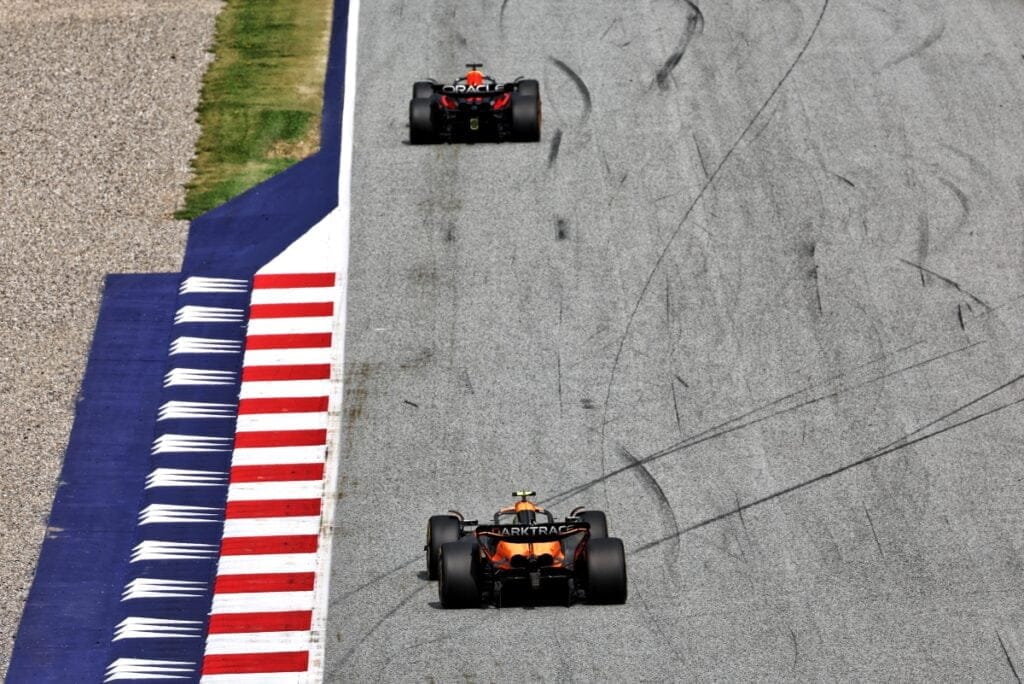F1 Drama: Stella Defends Norris Amid Verstappen’s 'Divebomb' Accusations

The tension at the Austrian Grand Prix hit a boiling point when McLaren boss Andrea Stella responded to Max Verstappen’s claims about Lando Norris’s driving tactics. Verstappen had accused Norris of 'divebombing' him in the final laps of the race, a move that stirred much controversy and resulted in both drivers suffering punctures. The incident at Turn 3 saw Verstappen finish fifth, while Norris was forced to retire entirely.
Norris did not hold back on his feelings, branding Verstappen’s tactics as 'desperate' and 'reckless'. Verstappen, however, counter-argued that Norris had crossed the line with his aggressive diving maneuvers. The Dutch champion critiqued Norris's late lunges, stating these were improper moves in the racing context. According to Verstappen, these tactics did not align with the principles of racing.
But Stella stood firm in defense of Norris. He argued that Norris’s moves were strategically sound, even if they appeared aggressive. 'Lando goes for the inside gap that exists, and if he’s not in a condition to stay on track, he would go long,’ Stella noted. He emphasized that if Norris didn’t hold the racing line, it would naturally allow the car on the outside to accelerate and maintain position.
The Science of Overtaking
Stella dove deeper into the nature of overtaking maneuvers. He explained that true 'bombing' involves violence and contact, something not apparent in Norris’s tactics. 'Nowhere near Lando’s maneuvers caused the kind of outcome that a 'bomb' would,' he explained. For Stella, Verstappen’s description was excessively colorful and did not reflect reality.
Stella also pointed out that Turn 3’s layout naturally invites such aggressive moves. Therefore, drivers are predisposed to attempt these last-ditch overtakes. He highlighted that the racing line and overtaking space at Turn 3 inherently push drivers to seek any available gap.

Looking Ahead
Stella shared Norris’s sentiment that Verstappen’s approach was overly uncompromising. He maintained that the race could have continued competitively if Verstappen had not reacted so desperately. 'We talked with Lando, and he made the right points by stating it was a great battle with no need for desperate actions,' Stella reflected.
Stella seemed to suggest a more composed approach to such high-pressure moments. He underscored that the world does not end if a trailing car manages to complete an overtaking maneuver. 'Max, you’ll have your own opportunity,' Stella stated, implying that Verstappen’s chances wouldn’t vanish with a single overtake.
The Austrian Grand Prix incident raises important discussions in the realm of Formula 1 about aggressive tactics and the boundaries of safe racing. As both teams digest the outcomes, these debates will certainly continue, with drivers, teams, and fans all chiming in.
For now, the focus shifts to the next races, where competitors will no doubt be mindful of these recent lessons. The dynamics between Norris and Verstappen have added another exciting chapter to F1’s storied rivalries, promising even more exhilarating contests ahead.